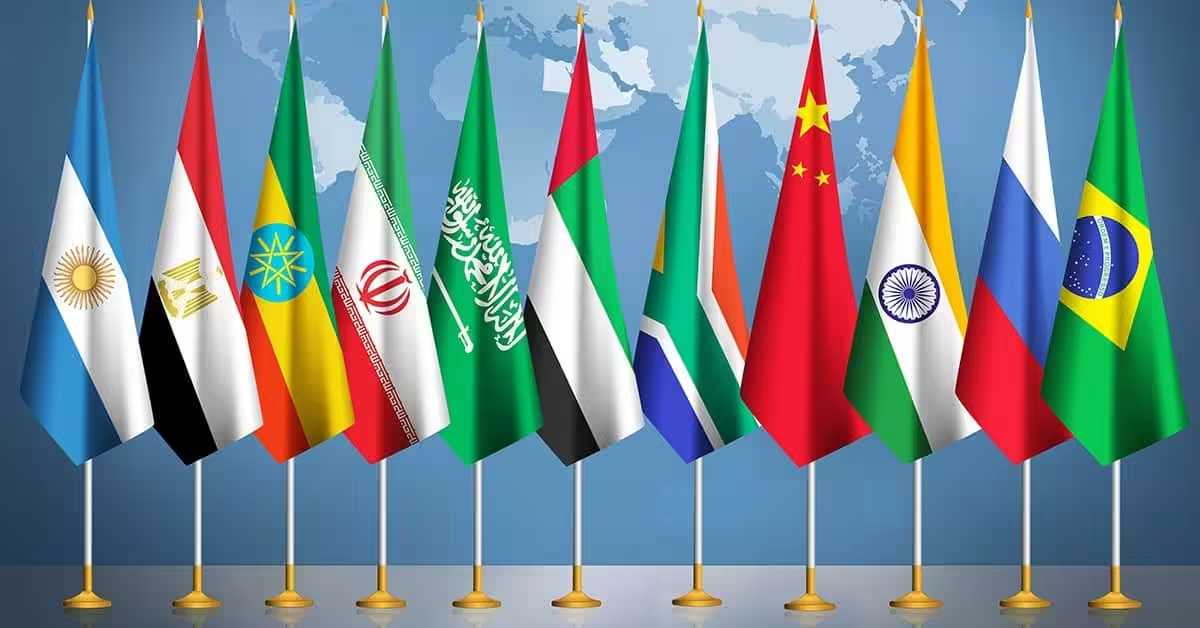|
Getting your Trinity Audio player ready...
|
The global financial landscape is undergoing a seismic shift as the BRICS nations, led by Russia, explore the creation of a SWIFT-like financial messaging system. This ambitious endeavor is aimed at reducing dependence on Western-dominated financial infrastructure and fostering economic sovereignty.
The potential implications for the cryptocurrency industry, particularly for XRP, are profound. As highlighted by crypto influencer Amelie, Russia’s plans could pave the way for a new economic reality, potentially catapulting XRP into a central role.
XRP, renowned for its speed, low transaction fees, and cross-border capabilities, has long been positioned as a viable alternative to traditional payment systems. With the BRICS bloc seeking to establish a similar system, the stage is set for a potential convergence of interests.
Thailand’s recent exploration of XRP adoption further underscores the growing recognition of the digital asset’s potential. If more BRICS nations follow suit, XRP could become a cornerstone of the emerging financial infrastructure.
However, it’s essential to acknowledge the complexities involved in building a new financial system. Regulatory hurdles and geopolitical tensions could pose challenges. Nonetheless, the groundwork laid by Ripple, XRP’s creator, through its partnerships with financial institutions, positions the cryptocurrency favorably.
Also Read: BRICS In Crypto Conundrum: 1.5% Energy Guzzle Or Dollar-Defying Future?
As the BRICS bloc advances its plans, the cryptocurrency industry watches with keen interest. The potential for XRP to play a pivotal role in this new financial order is undeniable, but the ultimate outcome hinges on a multitude of factors.
Disclaimer: The information in this article is for general purposes only and does not constitute financial advice. The author’s views are personal and may not reflect the views of Chain Affairs. Before making any investment decisions, you should always conduct your own research. Chain Affairs is not responsible for any financial losses.
I’m a crypto enthusiast with a background in finance. I’m fascinated by the potential of crypto to disrupt traditional financial systems. I’m always on the lookout for new and innovative projects in the space. I believe that crypto has the potential to create a more equitable and inclusive financial system.



